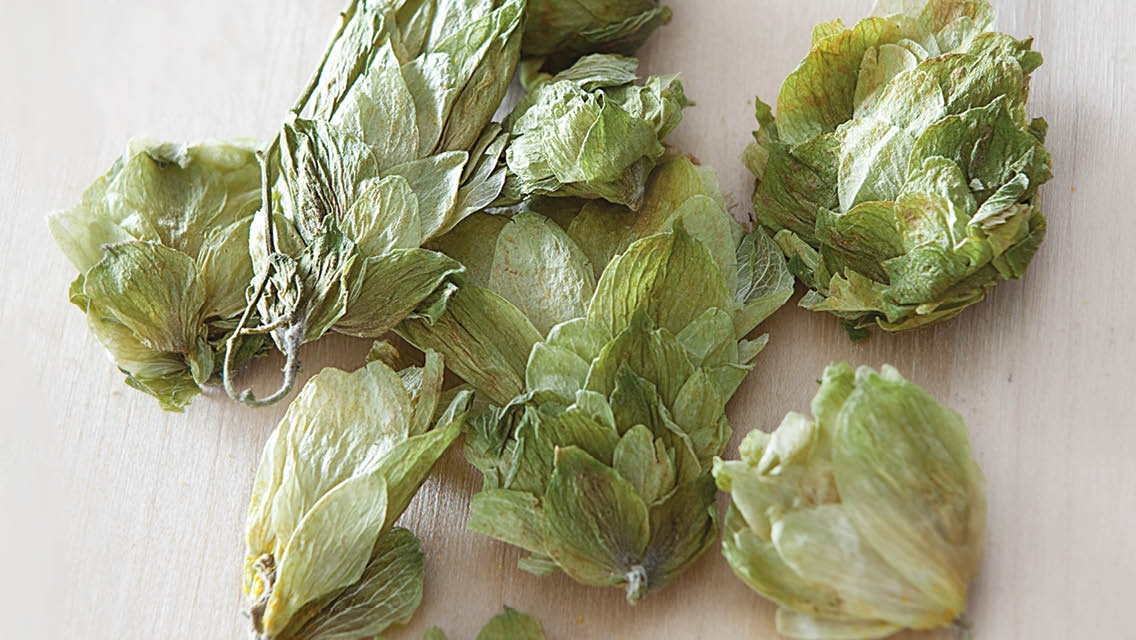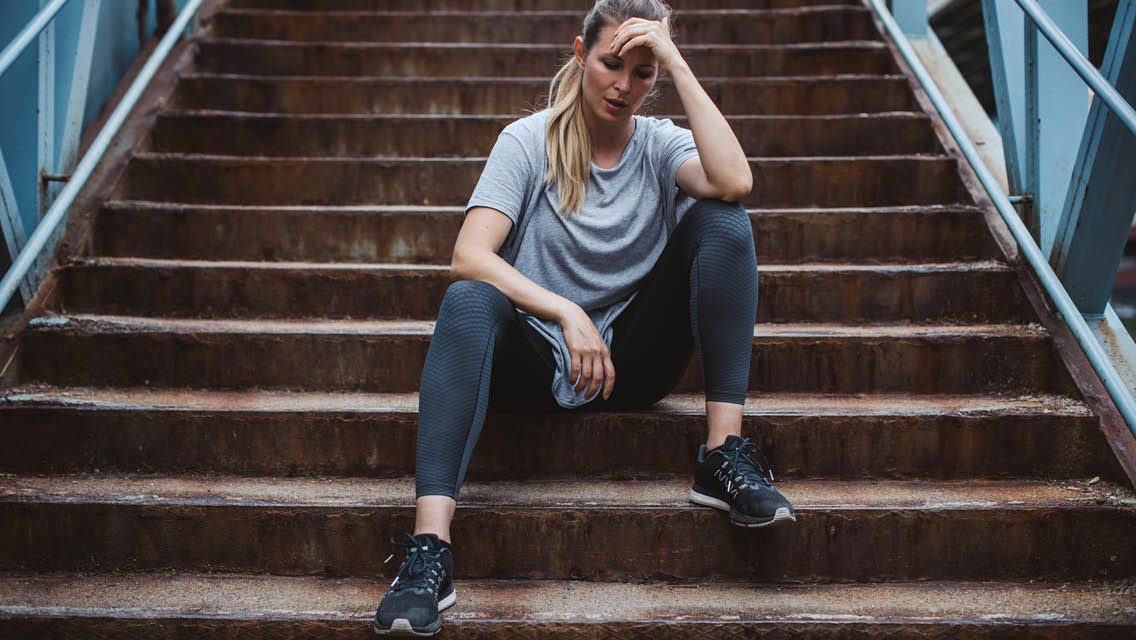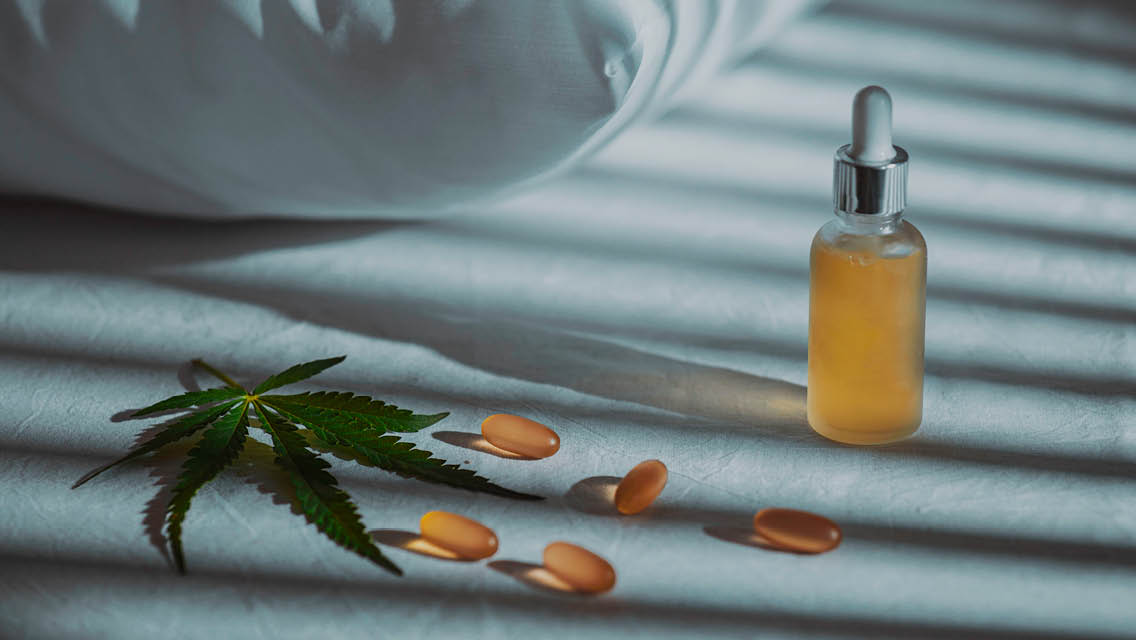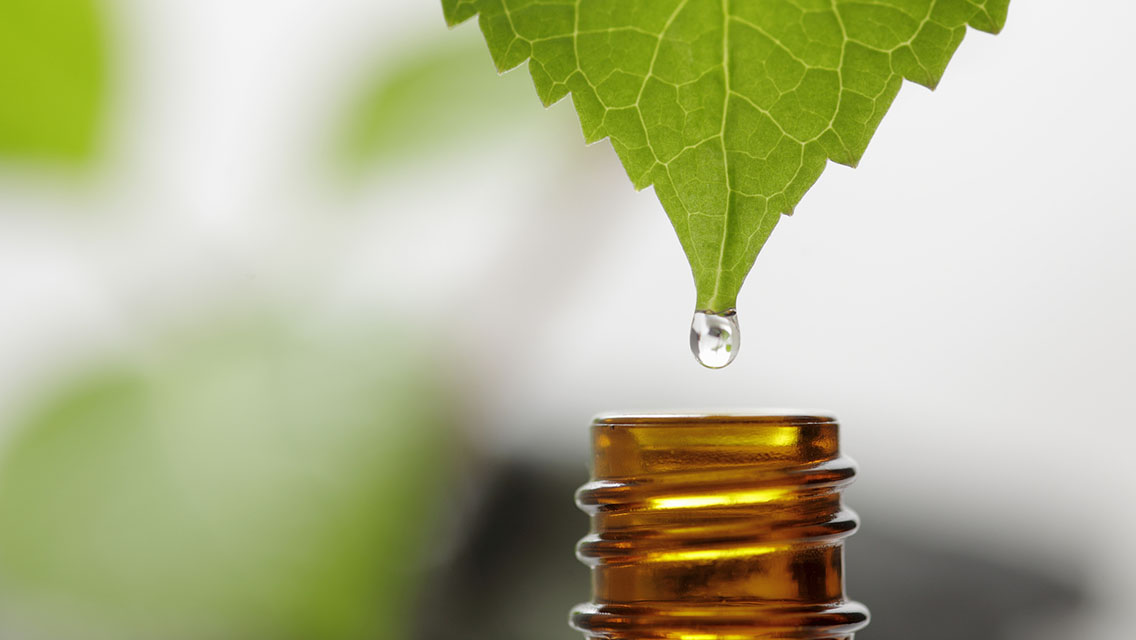Humans have used hops as medicine for centuries. Although many people know hops are used for beer brewing, it may have been their reputation as a nerve calmer that inspired their addition to grain fermentation.
Hops as Medicine
Hops are classified as a nervine, an herb that soothes the nervous system. Primarily a calming agent, they’re usually used to treat problems of restlessness, nervousness, or anxiety. This includes sleep disruption that involves waking in the night, a classic insomnia pattern.
Using a beer (hoppy or not) to relax is a common practice, and many people become sleepy after drinking one or two. I’ve seen plenty of people use beer to calm social anxiety. In these cases, however, it is more likely that the alcohol, not the hops, is producing the desired effect. (Beer contains far more fermented grains than hops.)
Although hops in beer could theoretically offer mental-health benefits, alcohol can dysregulate mood in even small doses — especially for those with depression — so it would negate those potential benefits.
And even if quaffing a beer before bedtime helps us calm down and fall asleep, those effects typically wear off before morning. We’re likely to wake up in the middle of the night or find ourselves sleeping fitfully.
For a better night’s slumber, I suggest skipping the beer and ingesting hops as a tincture or tea instead. In this form, hops can be a wonderful sleep aid.
Hops and Insomnia
Hops influence the brain’s primary calming mechanism: the GABA system. This is also targeted by many pharmaceutical sedatives, including Ambien, Ativan, and Valium. I tend to prefer hops to these drugs when treating insomnia.
Insomnia often occurs when we become overstimulated or anxious, and hops help settle that tension. Then, as anxiety eases, stress hormones drop.
Research supports this approach. One 2010 review showed that 12 of 16 studies noted measurable improvement in both sleep quality and the time it took to fall asleep for subjects taking a sleep formula with hops and valerian root. Another study found that a different blend of hops and herbs was as effective as a popular sleep drug.
I also recommend hops for daytime anxiety. If you’re prone to sluggish depression, however, avoid them, because they can slow you down even further. In fact, anyone coping with depression needs to be careful when using sedatives, even natural ones.
But if you’re highly anxious, hops can take the edge off without clouding your thinking.
The most common side effect is, unsurprisingly, sedation. If hops make you sleepy during the day, use them only at bedtime, and tweak the dose until they improve your sleep without causing morning drowsiness. Also be aware that if you’re allergic to birch pollen, you may have an allergic reaction to hops too.
Hops Use and Dosage
Hops extract: To use hops for sleep, I recommend a freeze-dried extract in a capsule. Capsules contain about 200–300 mg of hops each; start with one, and if you need more, try two.
Hops tincture: Fresh tinctures are more potent than extracts and usually more expensive. The dose can be quite high, typically 1.5–2 grams for bedtime. To treat daytime anxiety, lower the dose to the 300–500 mg range.
Hops tea: For a soothing bedtime tea, put five to 10 dried hop cones in a teapot and cover with 2 cups of boiling water. (The more hops you use, the more bitter and sedating the tea.) Many herbal blends for sleep include hops, often combined with chamomile or peppermint to ease the bitterness.
Hops with other herbs: I prefer using hops combined with other calming herbs, such as passionflower and valerian root. There is a synergetic benefit to herbal combinations, and hops alone aren’t always strong enough to resolve serious insomnia. When they’re part of a blend, the dose of hops can be much lower, around 100 mg for sleep, or 50 mg for daytime anxiety.
This article originally appeared as “Hops for Sleep” in the May 2022 issue of Experience Life.





This Post Has 2 Comments
Hi, can you recommend a product and brand? There are so many online and some have alcohol. Based on your article it appears that the hops supplement should not contain alcohol.
Is the hops in nonalcoholic beer just as beneficial as the hops plant that is made into tea to help treat anxiety and insomnia?